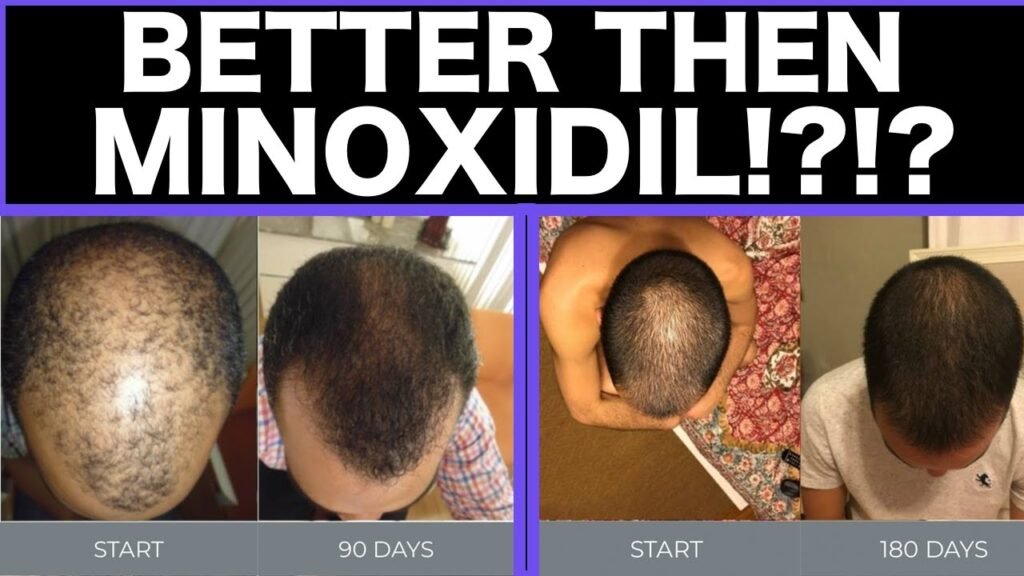Which is better: Minoxidil vs rosemary oil
When it comes to hair growth treatments, Minoxidil and rosemary oil are two popular options often compared for their effectiveness in combating hair loss. Minoxidil, a topical medication approved by the FDA, is widely recognized for its ability to stimulate hair follicles and promote hair growth. On the other hand, rosemary oil, a natural essential oil, is praised for its antioxidant and anti-inflammatory properties, which may improve scalp health and encourage hair growth.
Effectiveness of Minoxidil
Minoxidil works by widening blood vessels and opening potassium channels, which allows more oxygen, blood, and nutrients to the hair follicles. This process can help in revitalizing shrunken hair follicles, resulting in increased hair growth and thickness. Clinical studies have shown that Minoxidil is effective in treating androgenetic alopecia, also known as male or female pattern baldness. Users typically begin to see results within three to six months of consistent application.
Benefits of Rosemary Oil
Rosemary oil, while not FDA-approved for hair growth, is a natural remedy that has been used for centuries to improve scalp health. It is believed to enhance circulation to the scalp, which can promote hair growth. Additionally, its antimicrobial properties help in reducing dandruff and scalp irritation. Some studies suggest that rosemary oil may be as effective as Minoxidil for hair growth, making it an appealing alternative for those looking for a natural solution.
Both Minoxidil and rosemary oil have their unique advantages and can be beneficial depending on individual needs and preferences. While Minoxidil is backed by more extensive clinical research, rosemary oil offers a natural approach with added benefits for scalp health.


